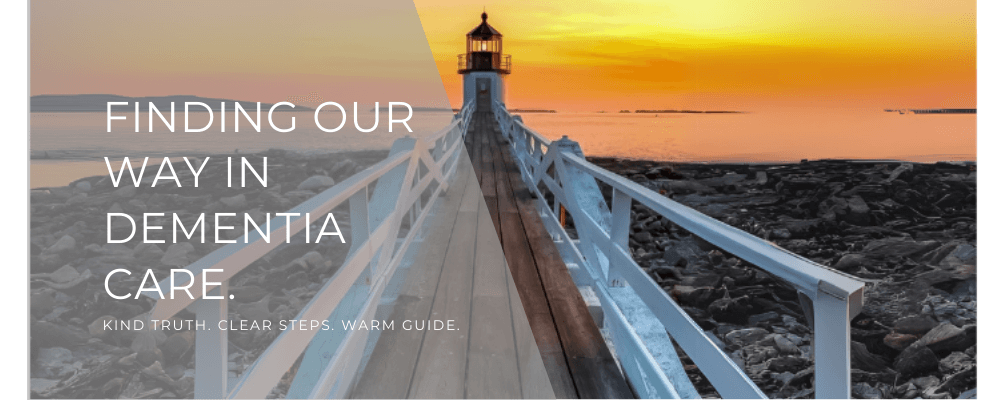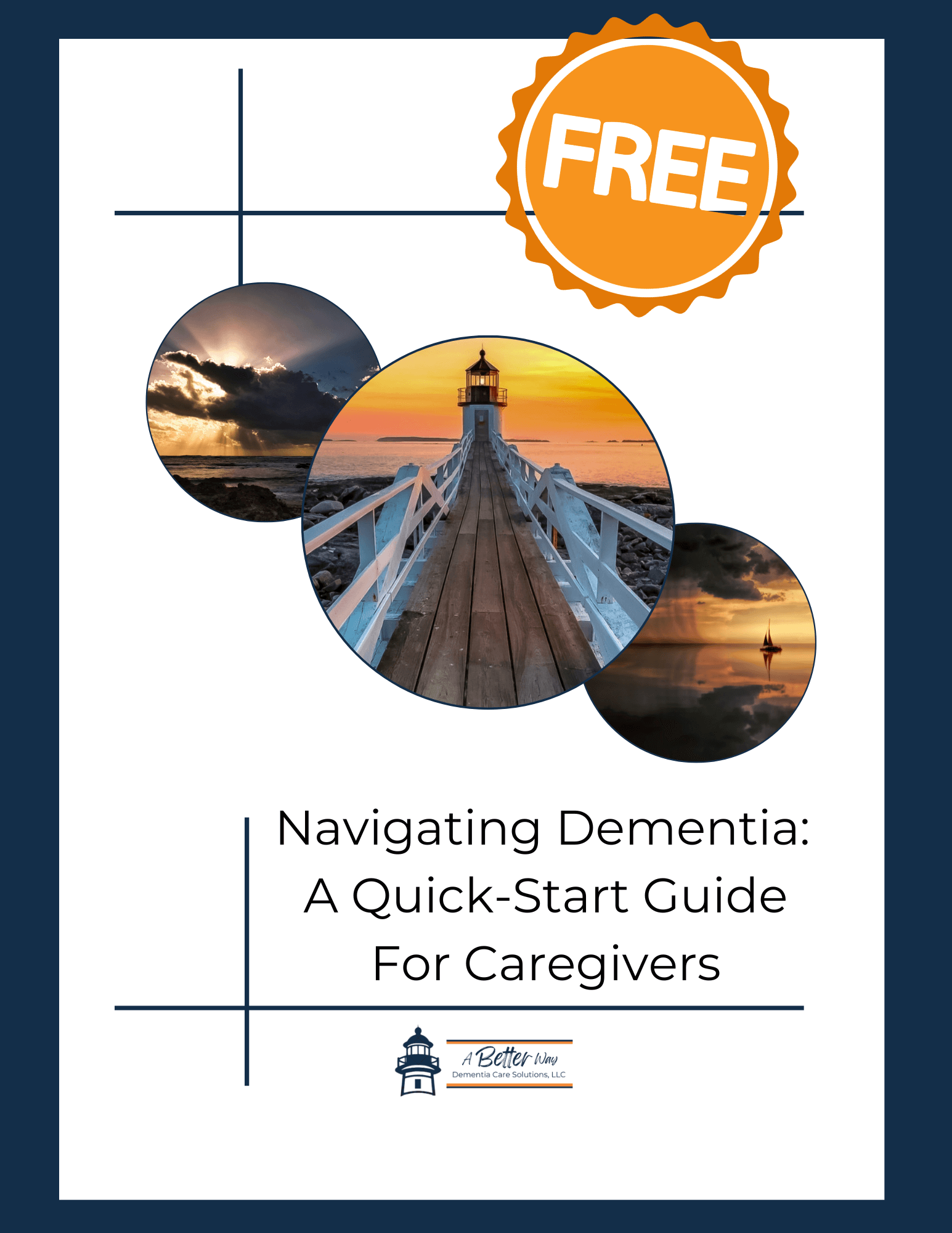Facing the possibility of dementia can be overwhelming. It’s a path filled with uncertainties, and the idea of getting a formal diagnosis might feel like stepping into the unknown. But here’s the thing: getting a diagnosis is one of the most important steps you can take when you or the person you care for is experiencing cognitive changes. It’s not just about labeling the issue—it’s about understanding what’s happening so you can make informed decisions and plan for the future. Don't know where to start when it comes to talking to the doctor about a diagnosis. Click below for a free resource for helping navigate a doctor visit. Get FREE download here
Why Is a Diagnosis So Important?
You might wonder, “Why should I put the person I care for through the stress of tests and doctors’ appointments when we’re already dealing with so much?” It’s a valid question, but here are some compelling reasons why a diagnosis is essential:
1. Clarity and Understanding
Cognitive changes can be confusing and frightening. Without a diagnosis, you’re left guessing what might be happening, which can lead to more anxiety and stress. A diagnosis provides clarity—it gives a name to what you’re experiencing. This understanding can bring a sense of relief, knowing that there’s an explanation for the changes you’ve noticed.
2. Access to Appropriate Treatments
Different types of dementia require different approaches. For example, medications used to treat Alzheimer’s disease may not be effective for other types of dementia, such as Lewy body dementia or vascular dementia. By getting a diagnosis, doctors can tailor treatments to the specific type of dementia, potentially slowing its progression and improving quality of life.
Early diagnosis also opens the door to treatments that are more effective in the initial stages. Some medications and therapies can help manage symptoms and maintain cognitive function longer if they’re started early.
3. Planning for the Future
A dementia diagnosis gives you the information needed to make important decisions about the future. This includes legal and financial planning, such as creating or updating a will, setting up powers of attorney, and planning for long-term care. It’s also a time to discuss preferences for medical care and end-of-life wishes.
Having these conversations early, while the person you care for can still participate, ensures that their wishes are respected and reduces the burden on family members later on.
4. Access to Support and Resources
Once a diagnosis is made, you can tap into a wealth of resources designed to help those living with dementia and their caregivers. This includes support groups, counseling services, and educational programs that can make the journey less isolating and more manageable.
A diagnosis also makes it easier to connect with specialists, such as neurologists or geriatric psychiatrists, who can provide ongoing care and support.
5. Participating in Clinical Trials
An early diagnosis might open up the opportunity to participate in clinical trials. These trials are essential for advancing research and discovering new treatments for dementia. While not every trial is right for everyone, it can be empowering to contribute to the broader understanding of dementia and potentially benefit from cutting-edge therapies.
Overcoming the Fear of Diagnosis
It’s normal to fear a dementia diagnosis. The thought of confirming your worst suspicions can be paralyzing. However, delaying or avoiding diagnosis doesn’t change the reality of the situation—in fact, it can make things harder in the long run. Here are a few ways to reframe your thinking:
- Focus on Empowerment: Getting a diagnosis gives you power. It allows you to take control of the situation rather than being at the mercy of the unknown.
- Seek Support: Don’t go through this alone. Bring a trusted friend or family member to appointments for moral support, and lean on your community or support groups for encouragement.
- Remember, You’re Not Alone: Many people have walked this path before, and there are resources available to help you navigate it. You don’t have to figure it all out on your own.
Conclusion: Knowledge Is Power
Getting a dementia diagnosis is a crucial step in understanding what’s happening and taking control of the future. While it may be daunting, the benefits far outweigh the fear. A diagnosis opens doors to appropriate treatments, support, and planning that can make a significant difference in the quality of life for both you and the person you care for.
Remember, the sooner you know, the sooner you can act. And that can make all the difference in this challenging journey.
Stay Connected and Informed!
Don’t miss out on valuable insights, tips, and updates from our blog. Subscribe to our newsletter today and be the first to know about new offerings, resources, and expert advice tailored just for you. Together, we can navigate the journey of dementia care with confidence and compassion. Sign up for newsletter
Want to keep figuring this out together?
Subscribe to Finding Our Way in Dementia Care and get honest stories, helpful tips, and gentle support delivered to your inbox every week. Just real talk, grounded care, and space to breathe.
Subscribe to Finding Our Way in Dementia Care and get honest stories, helpful tips, and gentle support delivered to your inbox every week. Just real talk, grounded care, and space to breathe.
Kind truth. Clear steps. Warm guide.
















0 Comments